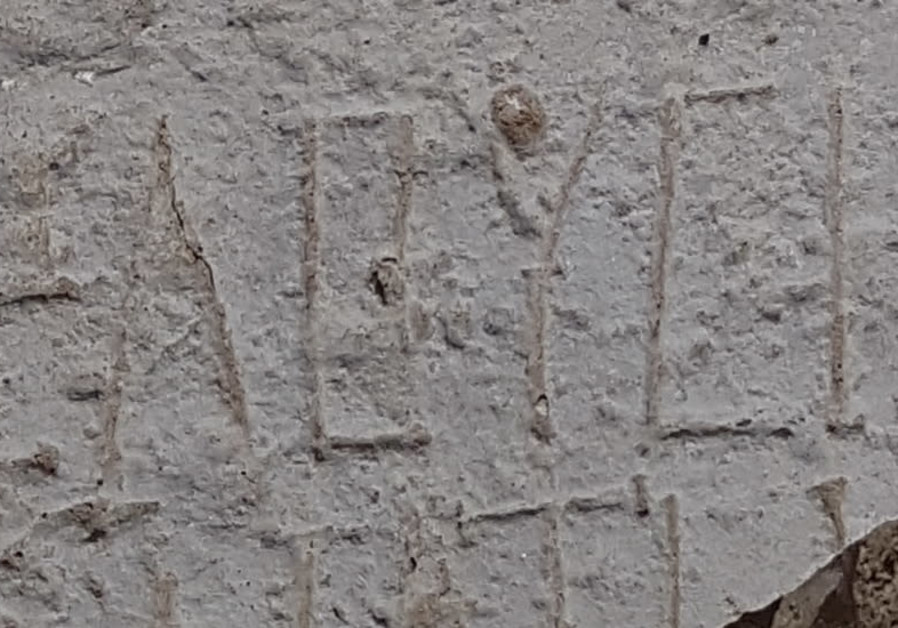1700-year-old inscription found at Negev Excavation
Haluza excavation
It is one of the two main possible locations for the Biblical city of Ziklag, mentioned in Genesis and I Samuel.


During the Ottoman period, stones were taken from the site and used as construction materials for buildings in Gaza and Beersheba. Today the site is almost devoid of surface structures, with the archaeological treasures being hidden beneath the sand.
Join Jerusalem Post Premium Plus now for just $5 and upgrade your experience with an ads-free website and exclusive content. Click here>>






Comments are closed.